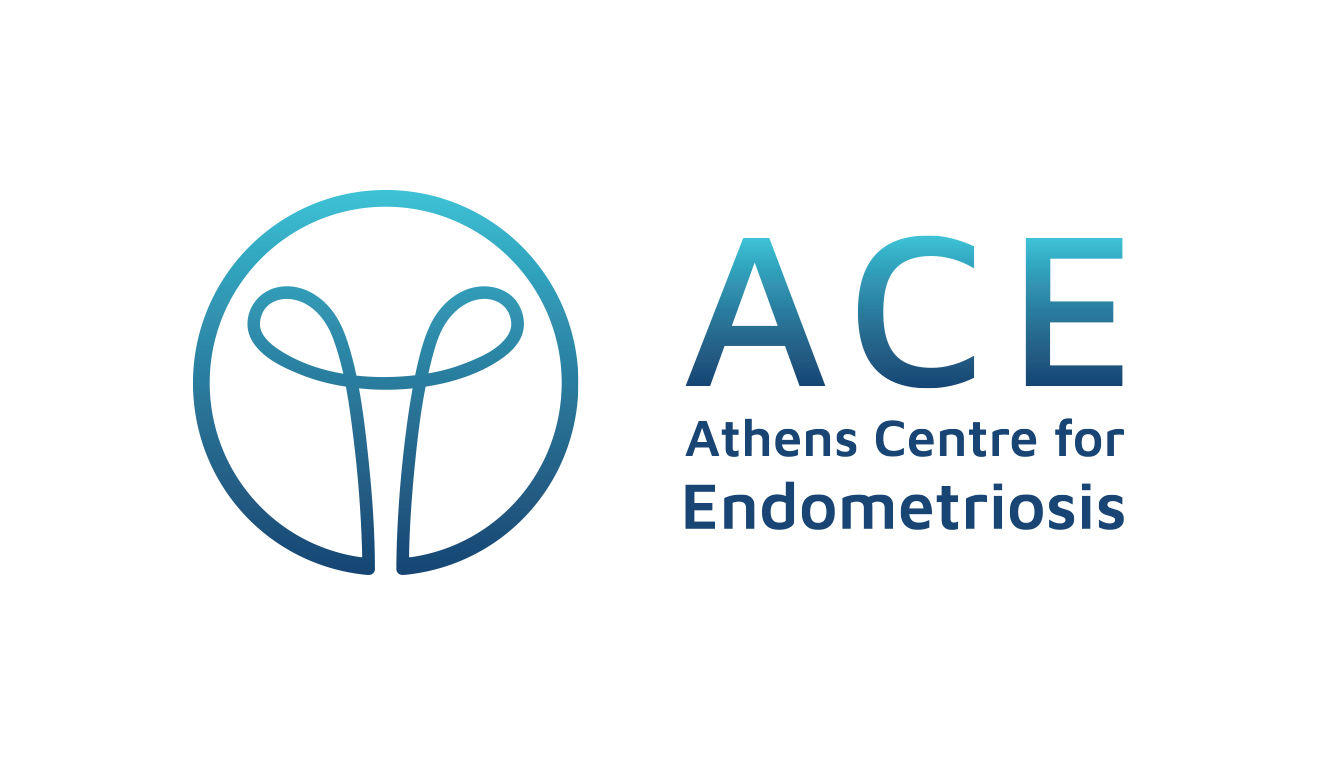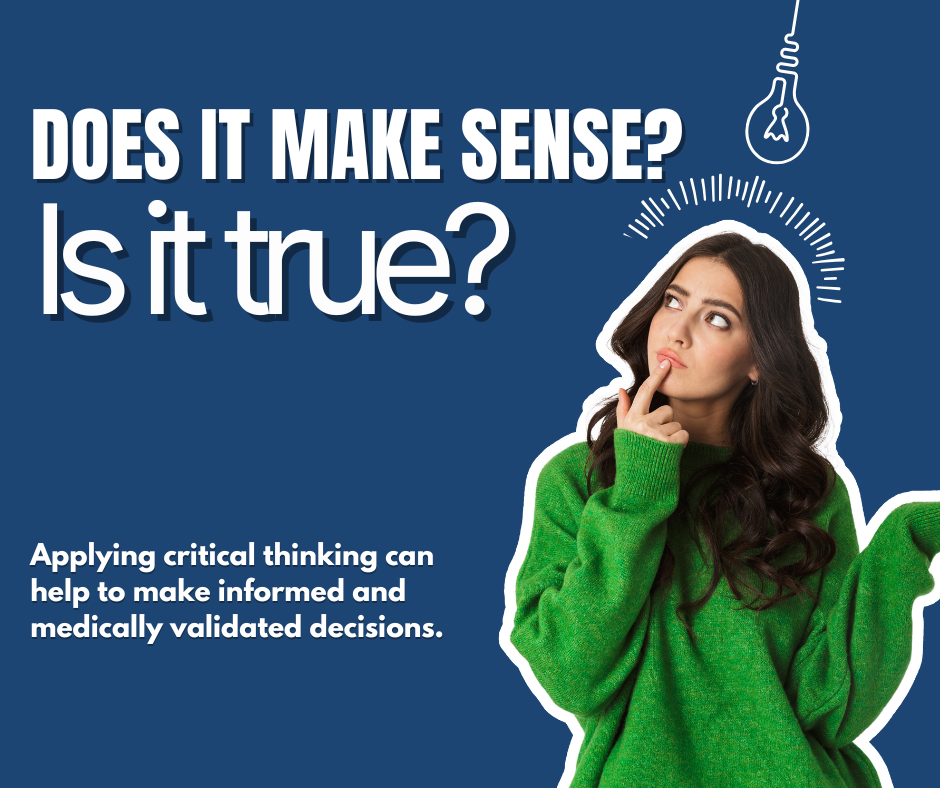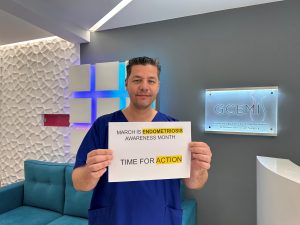Critical thinking in endometriosis, what does it mean? Critical thinking is the disciplined process of analysing and evaluating information in a structured way to determine its validity, strength and relevance. In research and academic fields, it is used to scrutinise hypotheses, assess sources of evidence and identify logical inconsistencies. This same approach can be valuable in health care, particularly in navigating complex conditions like endometriosis.
Critical thinking in endometriosis, what does it mean? Medical advice can vary. Some patients are told laparoscopic surgery is the gold standard; others are steered toward hormone suppression. Understanding which one of them works for you, can help you choose what’s best for your body.
For patients, applying critical thinking means moving beyond passive acceptance of medical advice. It allows individuals to understand how a diagnosis was made, why a treatment was recommended and whether these decisions are consistent with broader clinical reasoning and practice.
Critical Thinking in Endometriosis – Examining the diagnostic process
Patients are often given conclusions without full visibility into how they were reached, quite often in the form of a dismissal that “nothing is wrong.” In such cases, a critical approach involves calmly and constructively asking:
- Was the conclusion based purely on symptoms, or were additional tests performed?
- If tests were run, what kind were they? How reliable are they in detecting endometriosis?
- If imaging was conducted, was it carried out by someone with specific expertise in identifying endometriosis? Were the limitations of the imaging explained?
- Has this assessment been confirmed or reviewed by another clinician?
Endometriosis is known for being difficult to diagnose. In many cases, symptoms are minimised or attributed to unrelated causes. Understanding whether the conclusion, diagnostic or otherwise, was supported by sound reasoning and appropriate investigation can be essential in determining whether further enquiry is needed.
Evaluating recommendations and plans
Once a diagnosis is made, it is common to be offered a treatment plan. Critical thinking enables patients to assess how well that plan aligns with their goals and circumstances.
Ask these questions before agreeing to a plan:
- What are the goals of this treatment—pain management, fertility preservation, symptom suppression, or something else?
- What does the evidence suggest about outcomes over time?
- What risks or side effects should be weighed, and how likely are they?
- Would other specialists likely propose a similar plan for someone with the same symptoms and goals?
These questions do not imply distrust. They reflect a thoughtful attempt to understand whether the recommendation is well-founded and appropriate for you as an individual.
Reflecting on the broader context
It is also helpful to step back and assess whether the advice given is reflective of wider expert consensus or the result of limited perspective:
- Has a second or third opinion been sought, and how does that compare?
- Would a different type of clinician, for instance, a gynaecologist specialising in excision surgery, approach your case differently?
- Was the decision-making process clearly explained, with room for your questions and priorities?
Disparities in care are common in endometriosis. Seeing whether your experience matches prevailing practice can reveal if important options are being overlooked.
Apply ritical thinking in endometriosis without academic training
You do not need formal education to apply critical reasoning. These three steps offer a simple, powerful framework:
- Compare: Does the advice align with what others in similar situations report being told? Are there major discrepancies?
- Check: Is the recommendation current, or based on assumptions or protocols that may have changed over time?
- Challenge: If you are told “there is no other option,” is that factually accurate—or simply a reflection of the clinician’s own scope of practice or experience?
Critical thinking in medicine is not about challenging expertise, it’s about engaging with it meaningfully. When patients are informed and reflective, they are better equipped to participate in decisions that affect their health, question inconsistencies, and seek care that aligns with both evidence and individual needs.
This approach is especially relevant in endometriosis, where delays, misdiagnoses, and disparities in care are common. Being able to ask the right questions, evaluate the reasoning behind medical advice, and understand whether conclusions are supported or simply assumed, can offer a better understanding for decisions.




